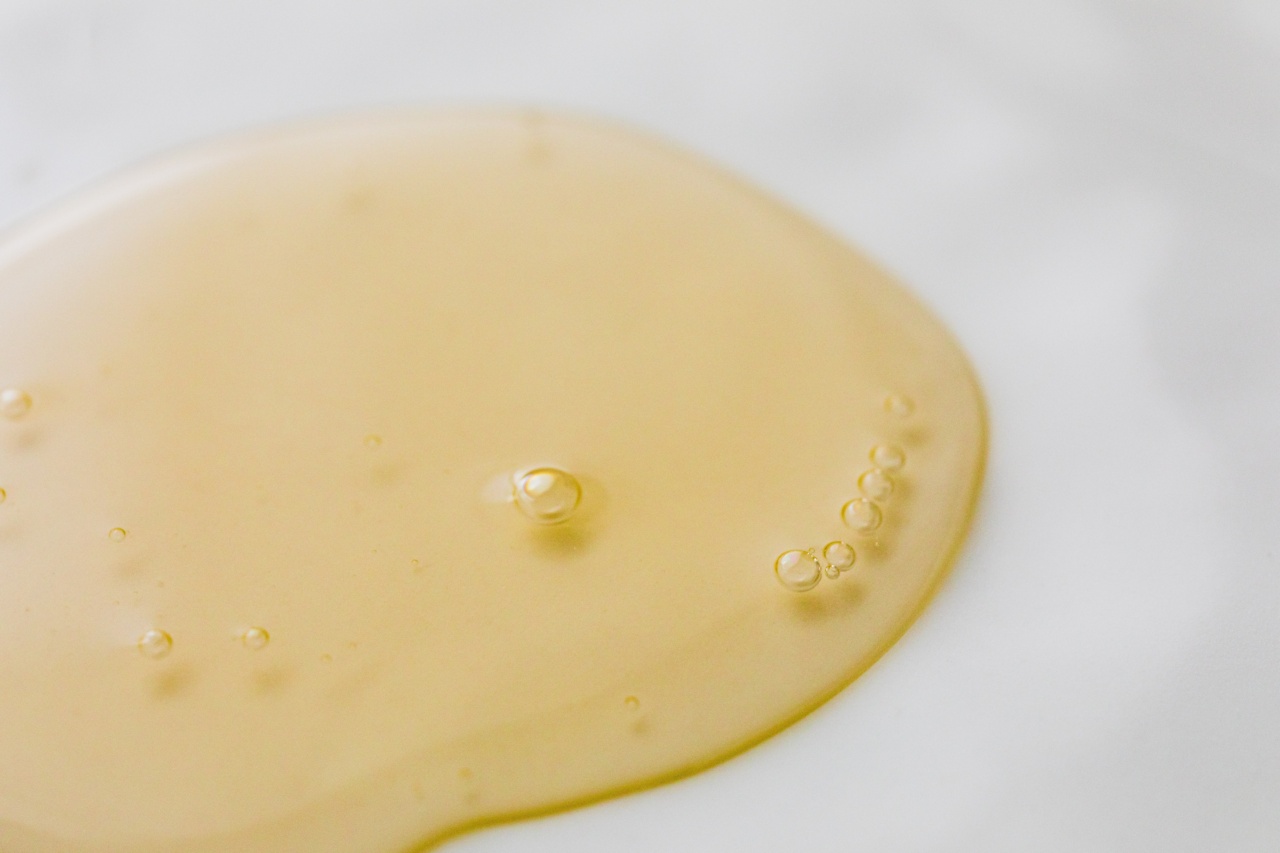Having healthy gums is essential for overall oral health. Gum disease, also known as periodontal disease, is a common condition that affects the gums and supporting structures of the teeth.
It is caused by the buildup of plaque and tartar, which can lead to inflammation, bleeding, and even tooth loss if left untreated.
While regular brushing and flossing are crucial for maintaining good gum health, incorporating essential oils into your oral care routine can provide additional benefits.
Essential oils have antimicrobial, anti-inflammatory, and antiseptic properties that can help reduce plaque formation, soothe gum irritation, and promote gum tissue regeneration.
The Benefits of Essential Oils for Gum Care
1. Tea Tree Oil.
Tea tree oil is one of the most well-known essential oils for oral health. It has powerful antimicrobial properties that can help kill bacteria and reduce gum inflammation.
The oil can be diluted with a carrier oil, such as coconut oil, and used as a mouthwash or applied directly to the gums using a cotton swab.
2. Peppermint Oil.
Peppermint oil has a refreshing taste and also possesses antibacterial and anti-inflammatory properties. It can help combat bad breath, soothe gum irritation, and provide a cooling sensation.
You can add a few drops of peppermint oil to your homemade toothpaste or mouthwash for added benefits.
3. Clove Oil.
Clove oil has been used for centuries to alleviate toothaches and gum pain. It has analgesic and numbing properties that can provide temporary relief from gum discomfort.
Clove oil can be applied directly to the affected area or added to warm water as a mouth rinse.
4. Eucalyptus Oil.
Eucalyptus oil has antimicrobial properties and can help reduce plaque buildup. It also has a soothing effect on inflamed gum tissue. You can dilute eucalyptus oil with water and use it as a mouthwash or add a few drops to your toothpaste.
5. Myrrh Oil.
Myrrh oil has been used in traditional medicine for its antiseptic and anti-inflammatory properties. It can help promote gum tissue healing and reduce swelling. Myrrh oil can be added to warm water as a mouthwash or applied directly to the gums.
How to Use Essential Oils for Gum Care
1. Oil Pulling.
Oil pulling is a traditional Ayurvedic practice that involves swishing oil in your mouth for a few minutes. You can use coconut oil, sesame oil, or a mixture of essential oils and carrier oils for this technique.
Swish the oil around your mouth, making sure it reaches all areas, and then spit it out. Oil pulling can help reduce bacteria, plaque, and gum inflammation.
2. Homemade Mouthwash.
Create a homemade mouthwash by combining warm water, a few drops of your preferred essential oil, and a pinch of salt. Mix well and use it as a mouthwash after brushing your teeth and tongue.
This will help kill bacteria, freshen your breath, and promote gum health.
3. Gum Massage.
Dilute a few drops of essential oil with a carrier oil and gently massage your gums with the mixture for a few minutes. This will help stimulate blood flow, reduce inflammation, and promote gum tissue regeneration.
4. Direct Application.
For targeting specific areas of gum irritation, you can apply a small amount of diluted essential oil directly to the affected area using a cotton swab. This will provide localized relief and help combat bacterial growth at the site.
Precautions to Consider
While essential oils can be beneficial for gum care, it’s important to use them properly and consider the following precautions:.
– Always dilute essential oils with a carrier oil before applying them to your gums or mouth.
– Do a patch test first to check for any allergic reactions or sensitivities.
– Avoid swallowing essential oils, as they can be toxic if ingested in large amounts.
– Consult with your dentist or healthcare provider before using essential oils, especially if you have any underlying health conditions or are pregnant or breastfeeding.
Conclusion
Using essential oils for gum care can be a natural and effective way to maintain healthy gums and prevent gum disease.
Incorporate them into your oral care routine by oil pulling, using homemade mouthwashes, performing gum massages, or directly applying diluted essential oils to targeted areas. Remember to exercise caution and consult with a healthcare professional before using essential oils, and always prioritize regular brushing, flossing, and dental check-ups for optimal gum health.



























